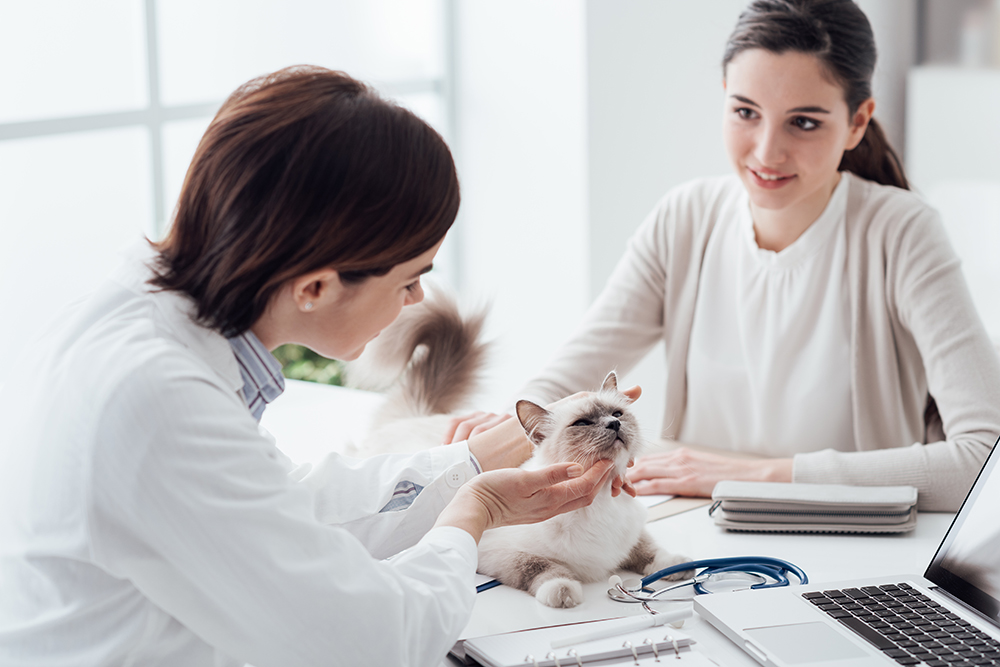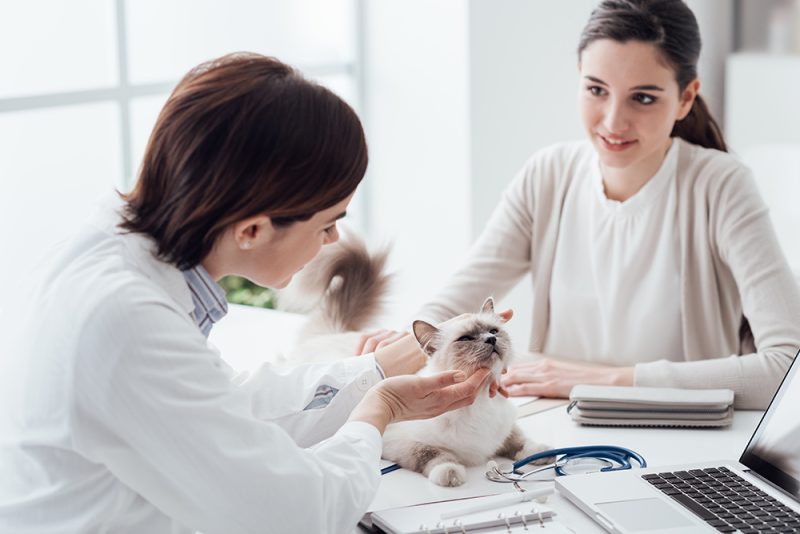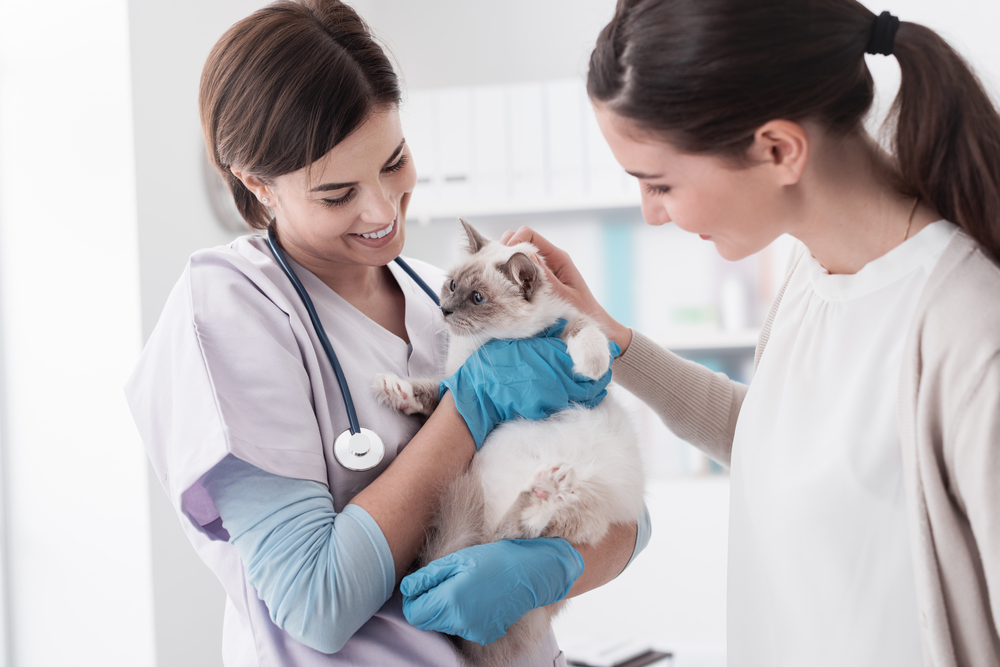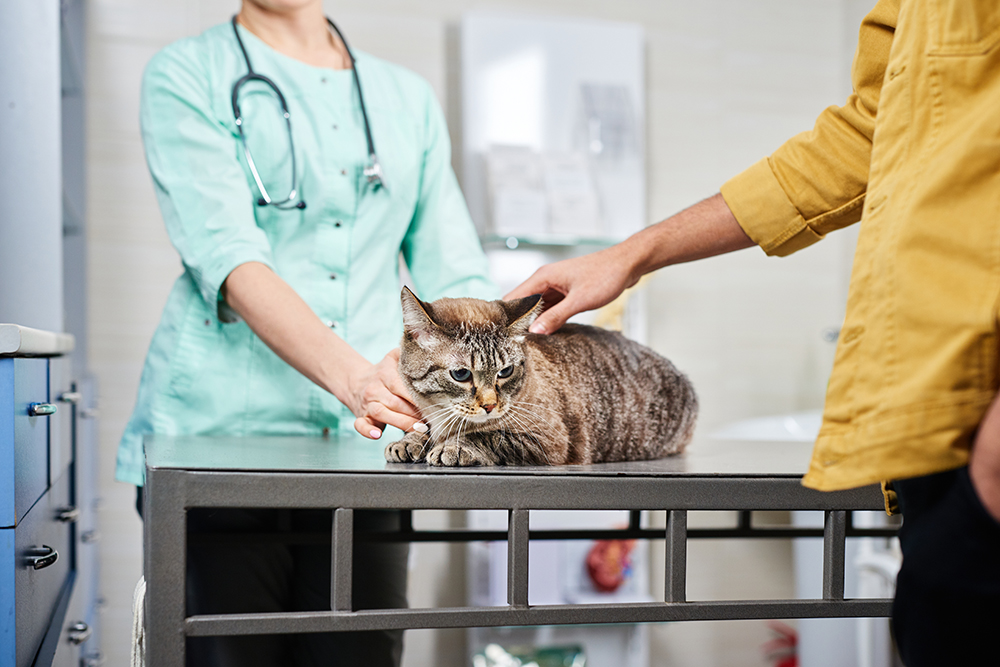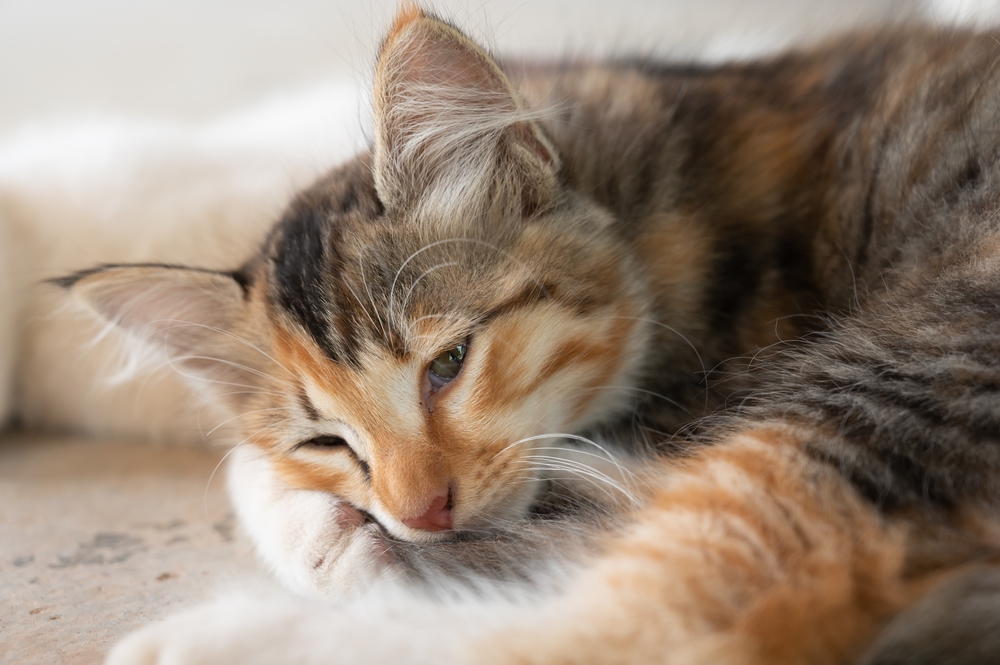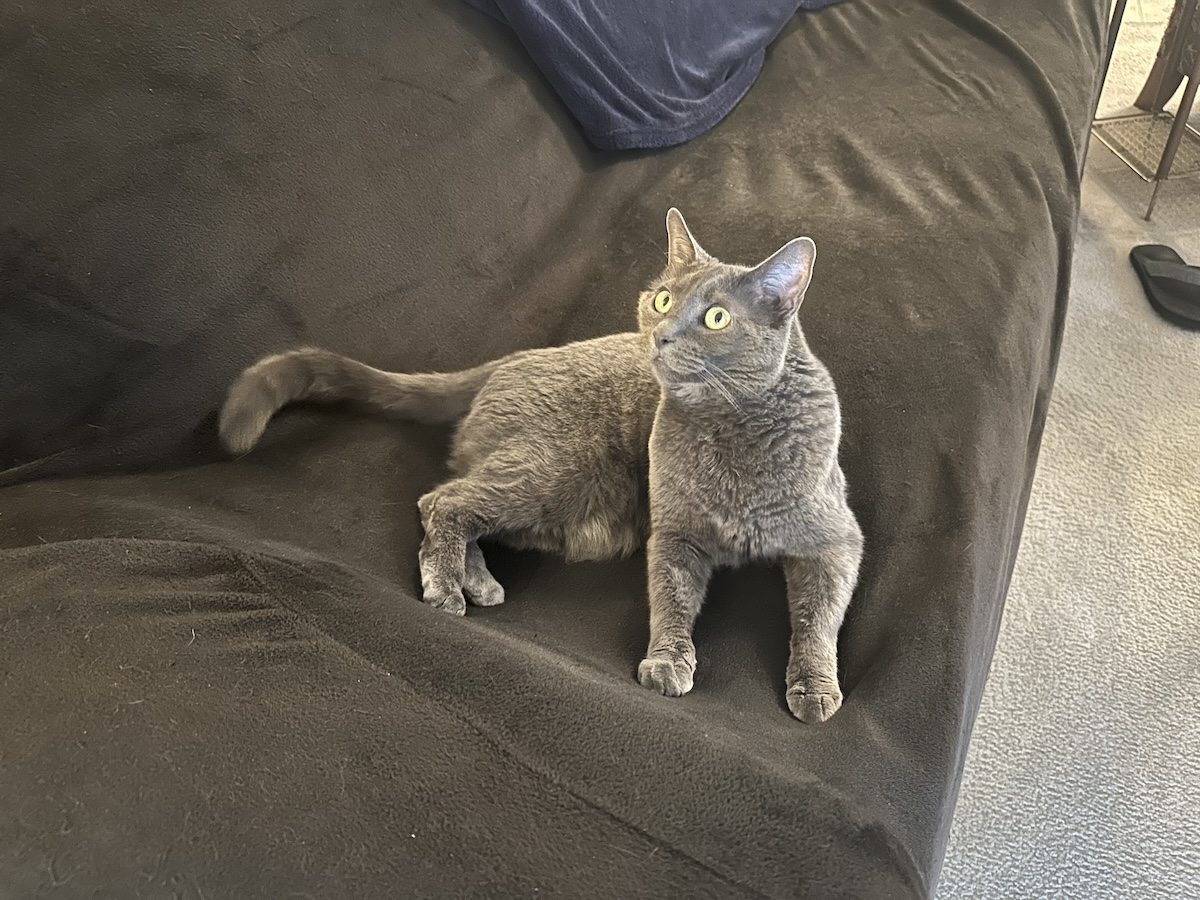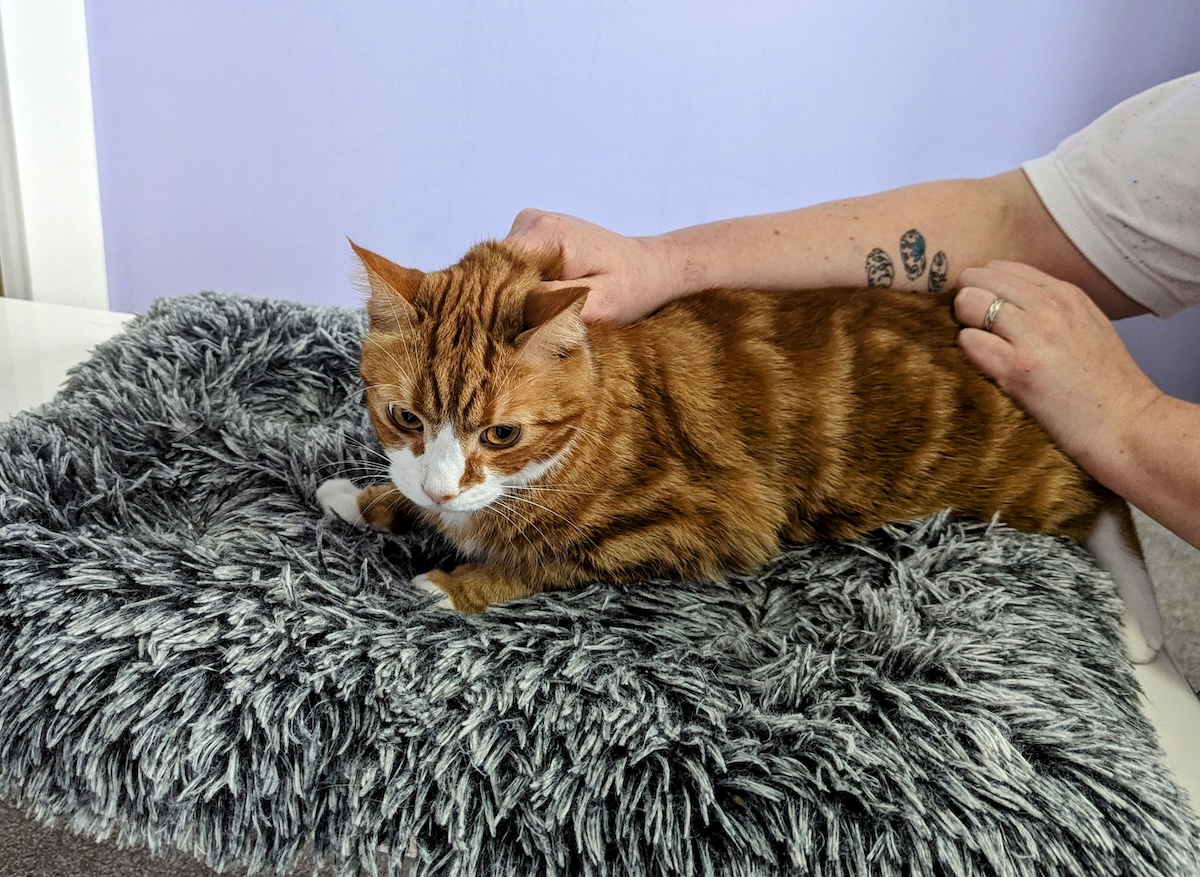Click to Skip Ahead
If you’re considering when the right time is to say goodbye to your cat if they are in liver failure, you are not alone. Knowing when to say goodbye is a heartbreaking decision for any owner, and it can be difficult to determine whether you’re making the right decision. Liver failure in cats usually follows liver disease, but there are situations where acute (sudden) liver failure can occur.
Luckily, most causes of liver disease can be treated before liver failure occurs, but if your cat’s liver is failing, you may have been told there’s not much more you can do. From my personal experience working with cats with liver failure, I would advise you to consider euthanasia for your cat when their quality of life is poor and before they are suffering.
Determining when to euthanize a cat with liver failure is a difficult decision, but allowing your cat to be free of pain and suffering at the end of their life is much better than allowing them to suffer.

What Is Liver Failure?
Liver failure occurs when the liver stops functioning as it should and begins to shut down. It is usually the end stage of liver disease, but some toxins can cause severe enough damage to the liver that it shuts down.
The liver is a vital organ since it controls many of the processes in your cat’s body that allow them to live. The liver has so many functions that the body cannot survive without it. The following are just a few of those functions.
- Creates proteins
- Makes bile, which allows your cat to digest food
- Helps your cat’s blood to clot
- Removes waste products or toxins in the blood
- Regulates energy metabolism
Because the liver is involved in so many of the body’s functions, there are several ways in which it can be damaged. Common ways include fatty liver disease or acute toxicity caused by ingesting a toxin like acetaminophen. The amount of liver damage depends on the cause, but the liver can regenerate even from severe damage, and cats with liver disease can often recover if treated in time.
Liver failure occurs when the liver is irrevocably damaged due to large areas of the organ dying. This is most commonly seen in cats that have ingested something hepatotoxic (toxic to the liver). As the liver begins to fail, many other processes are affected, making it more difficult for the cat’s body to function.
If you are concerned about the health and well-being of your pet, seek veterinary advice for the best course of action.

If you need to speak with a vet but can’t get to one, head over to PangoVet. It’s an online service where you can talk to a vet online and get the personalized advice you need for your pet — all at an affordable price!

What Are the Signs of Liver Failure in Cats?
The signs of liver failure in cats are all similar, regardless of the cause. Some are more subtle than others, but liver failure usually produces signs that are impossible to ignore. Signs that the liver is failing can present themselves in multiple ways, often involving other bodily systems like the digestive or neurological system.
- Vomiting and Diarrhea
- Blood in the feces
- Jaundice
- Neurological signs such as seizures, shaking, collapse, circling or blindness
- Ascites (fluid buildup in the abdomen)
- Weakness
- Inappetence
- Pain
These are all primarily seen in severe liver damage or failure, and the signs of mild liver damage are usually more subtle and less severe.
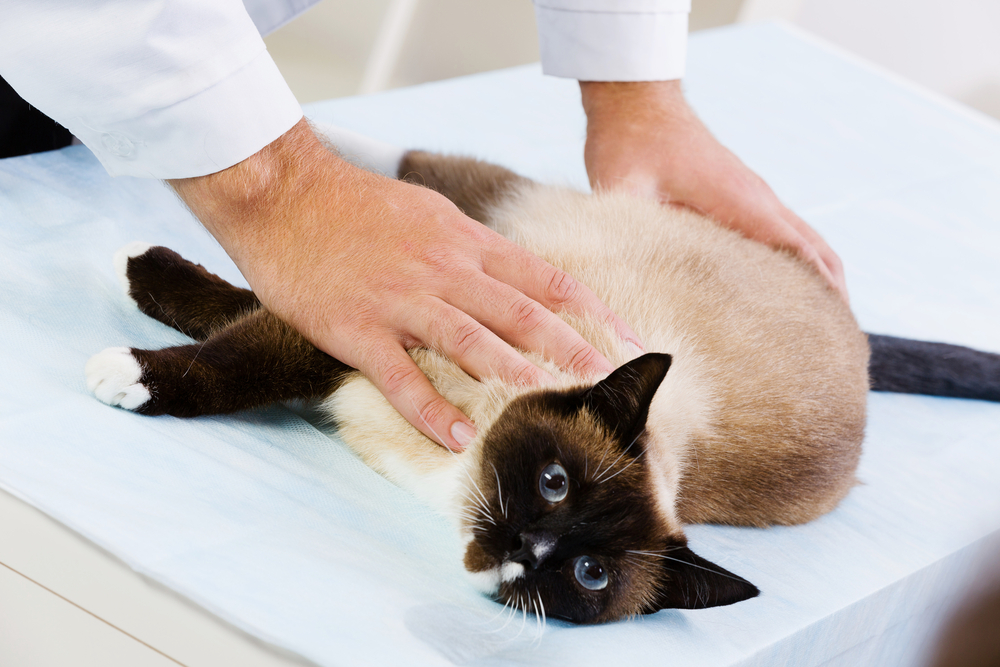

Can Liver Failure Be Treated?
If the liver is failing, determining the cause may be an essential part of finding the right treatment. Liver failure can sometimes be reversed, depending on how severe the liver damage is and how aggressively it is treated. The liver is a regenerative organ, so there is a chance that cats in liver failure can fully recover.
The possibility of recovery will depend on factors other than the cause, such as the cat’s age, health, and overall condition. Constant monitoring is needed for cats experiencing liver failure, as well as fluid therapy to support their body. Replacing lost Vitamin K1 can help the blood to clot, oxygen can be supplemented, and feeding through a tube may also be part of the treatment.
However, if your cat is in end-stage liver failure and does not respond to treatment, there is usually little more that can be done apart from keeping them comfortable and pain-free. This is when your vet will talk to you about euthanasia.
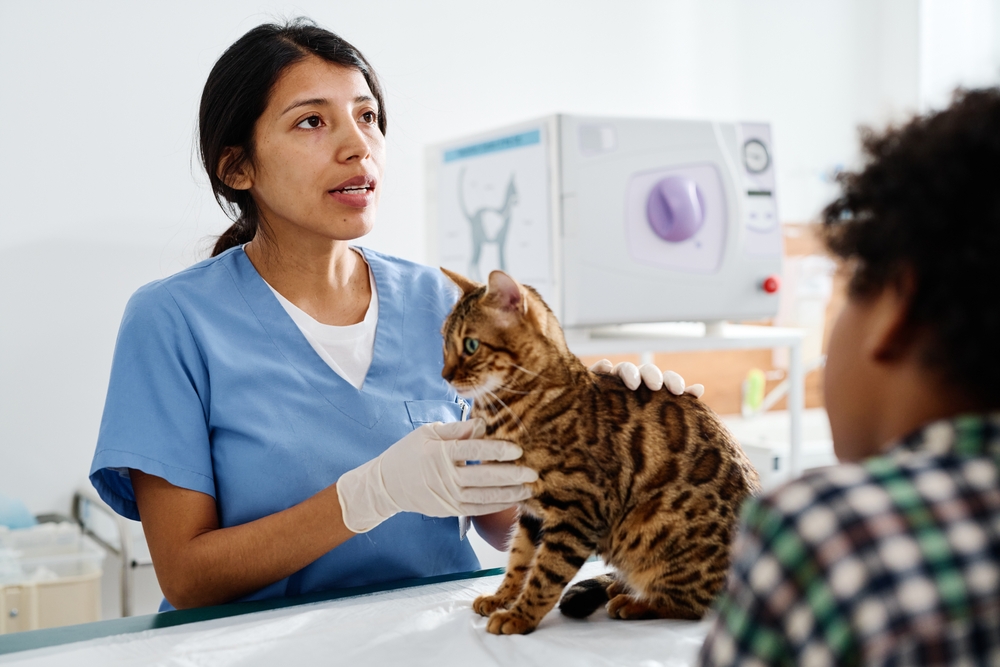

How to Know When to Say Goodbye
Knowing the right time to say goodbye is often the hardest part of owning a cat. They become a beloved part of our family, so balancing their needs with our emotions can be extremely difficult.
There are a few things to understand about liver failure when considering euthanasia. Sometimes, the liver gets damaged beyond repair very suddenly, so owners might have less time to decide. Other times, the liver may fail slowly, progressing to end-stage liver failure over months or years. Both of these situations are awful, and I’ve seen owners of cats with rapid and slow liver failure struggle to make a decision.
When talking with these owners, the cat’s quality of life is often discussed. Many of the owners I comforted could see that their cats had a poor quality of life when hospitalized with liver failure. Drawing blood, tube feeding, noise, and pain are likely experienced by cats who must be hospitalized, which can significantly impact their quality of life.
If the cat has a reasonable chance of recovering, many owners felt it was an acceptable price to pay for their cat to become healthy and have a good quality of life once they recover. Unfortunately, sometimes, a cat has little to no chance of recovering from liver failure. Liver failure is often excruciating, so saying goodbye and letting them go can be the kindest thing to do for them.
- Struggling to urinate or defecate, eat, or even move
- Pain
- The inability to groom themselves, play, or scratch
- Frequent vomiting or diarrhea
- Fear
- No longer interacting with family or enjoying things they used to enjoy
- Having more bad days than good
The last point is critical; when the bad days outnumber the good, you should consider your cat’s quality of life and whether it is time to put them to sleep.
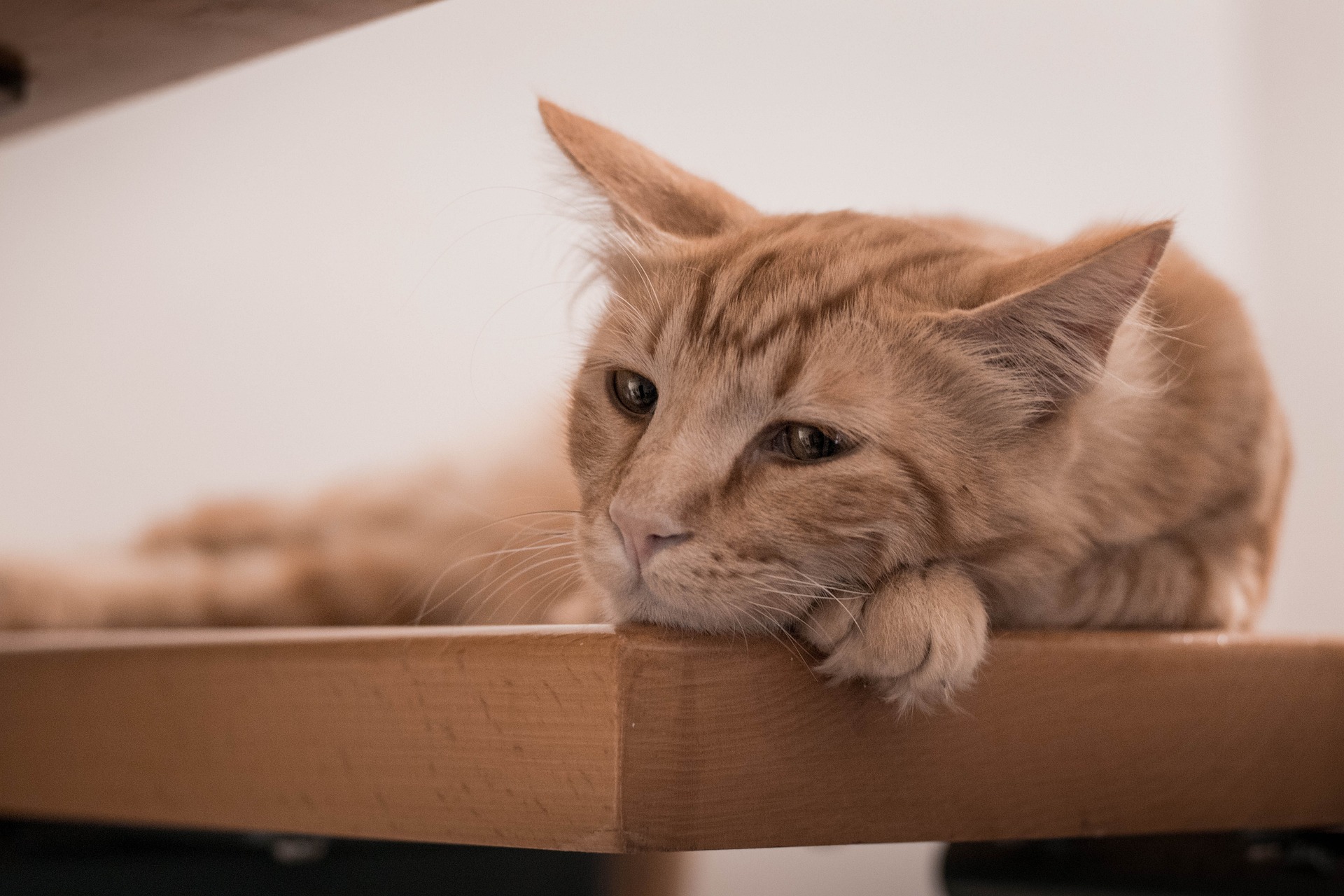
Many owners consider their cat’s quality of life if they need to be hospitalized with liver failure. As mentioned previously, staying in the hospital can be very distressing for cats, and some owners have wondered whether putting their cats through treatment is cruel. Although I believe we should always treat our pets when they need it, sometimes the likelihood of a cat recovering, even after intense treatment, is minimal, and the decision is made to put them to sleep to free them from pain and suffering before any treatment has begun.
This does not mean these owners don’t care about their cats or care for them any less than owners who elected treatment. Instead, they (and their veterinarian) agreed and understood that the stress and pain their cat would endure while in the hospital outweighed their slim chance of a meaningful recovery.

Conclusion
Liver failure occurs when the liver is significantly damaged, sometimes beyond repair. The condition can sometimes be reversed with treatment, but it depends on the overall health and condition of the cat, the cause of the liver damage, and how severe the damage is.
With end-stage liver failure, the side effects are severe and affect different body systems, and the cats can suffer. Thinking about your cat’s quality of life and discussing with your vet how comfortable they can be kept is essential when considering if or when to euthanize a cat with liver failure, and sometimes the kindest thing to do is to let them go.
It is very hard deciding to put a cat down and losing a beloved pet. But feeling grief is normal, and you don’t have to go through it alone. Pet bereavement resources can provide guidance and support for owners who have lost their cats, and talking about it can help.
See Also:
Featured Image Credit: Stock Asso, Shutterstock

